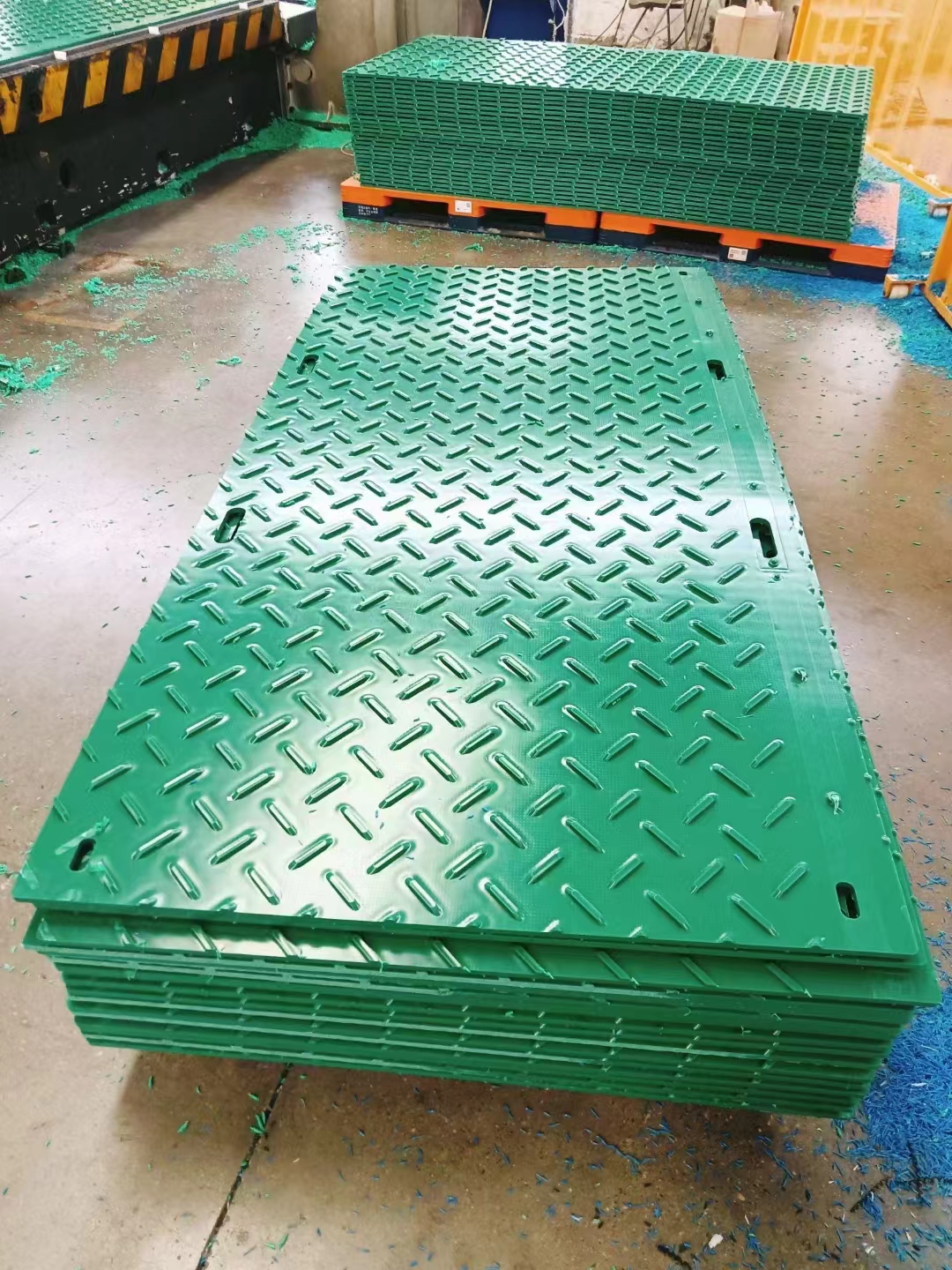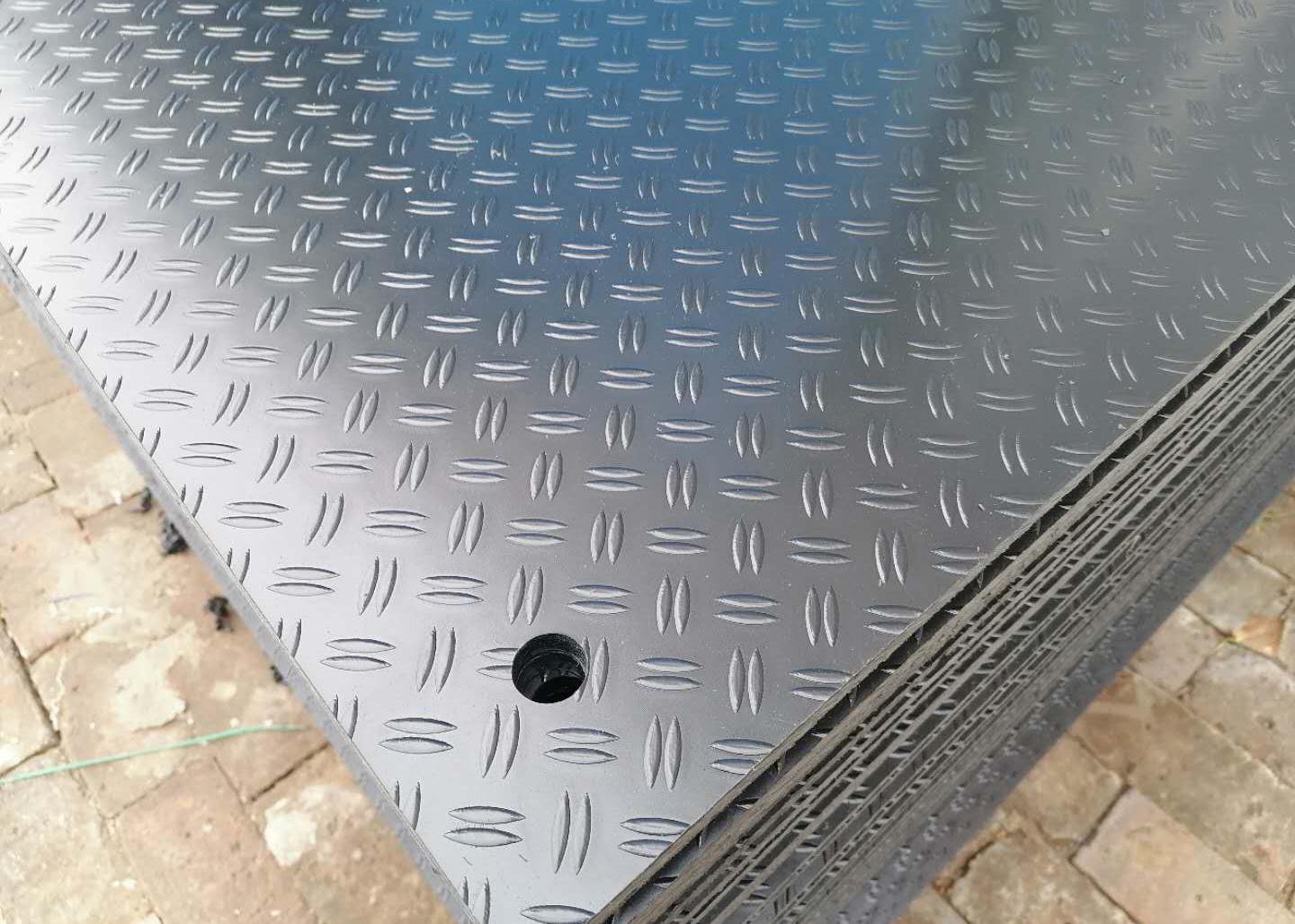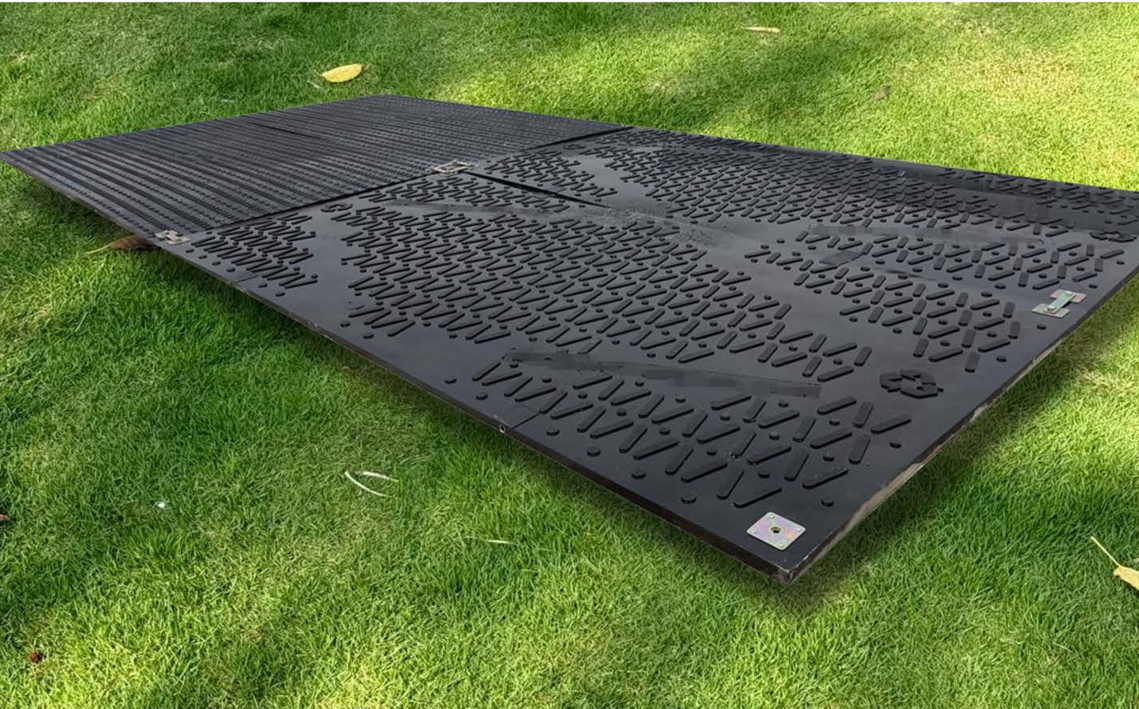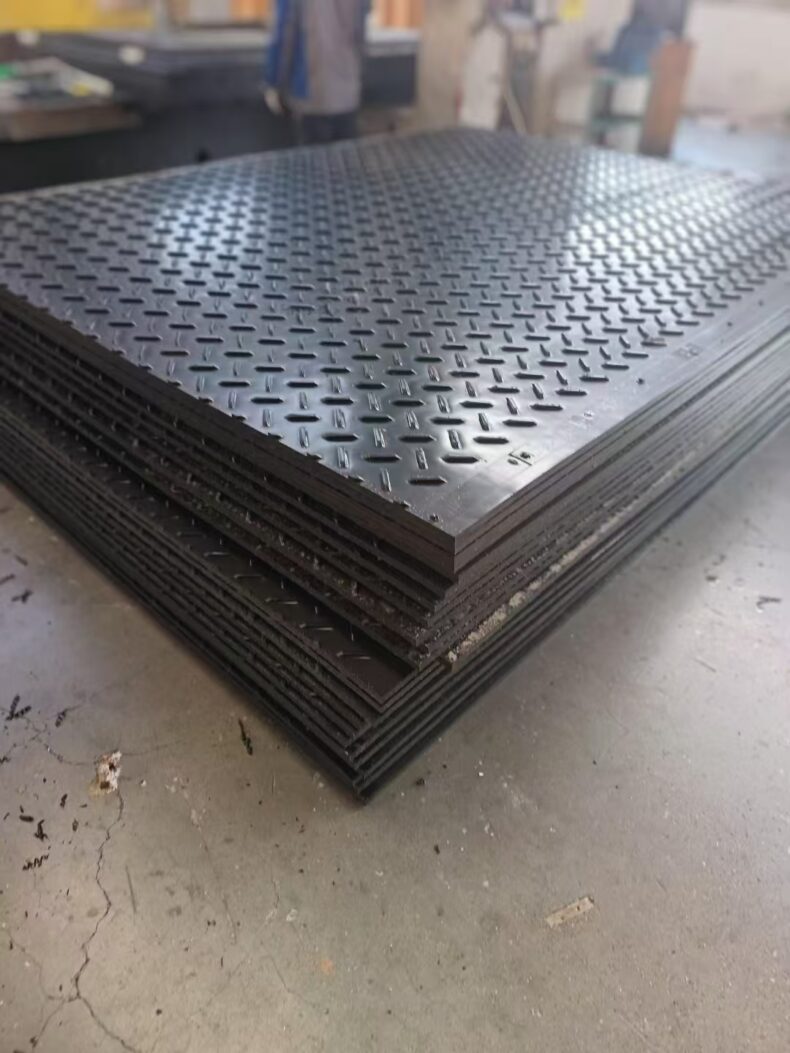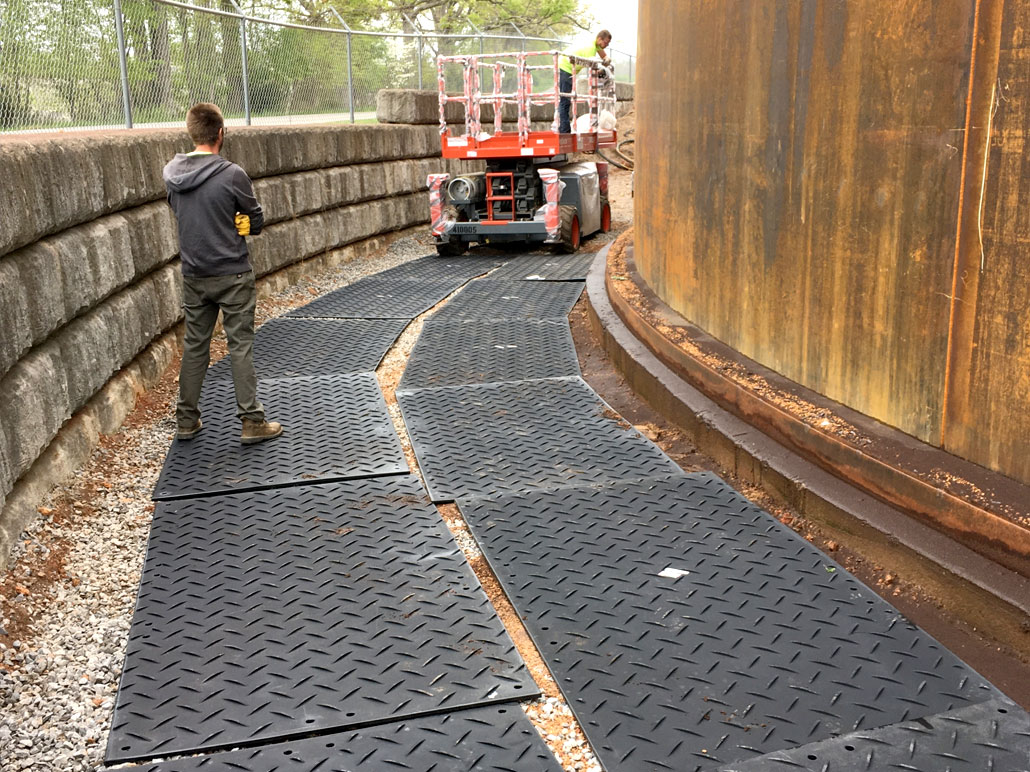TEMPLATE_START
Do Grass Protection Mats Work?
Grass protection mats promise to prevent damage from foot traffic and vehicles. But do they really work as advertised?
Grass protection mats protect grass by distributing weight and reducing soil compaction, but their effectiveness depends on material and installation.
Wondering if grass protection mats are worth the investment? Let’s take a closer look at how they work and their benefits.
How do grass protection mats work?
Grass protection mats create a stable surface over grass, distributing weight to prevent damage and compaction.
They work by spreading weight evenly and allowing grass to grow through the mat’s perforations.
How They Provide Protection
Grass protection mats are typically made from heavy-duty materials like HDPE (high-density polyethylene) or rubber. Their design allows grass to grow while protecting the root system from stress.
| Feature | Function | Benefit |
|---|---|---|
| Perforated Design | Allows grass to grow through | Maintains natural look |
| Weight Distribution | Spreads load across a larger area | Reduces soil compaction |
| UV Resistance | Protects against sunlight damage | Prolongs mat lifespan |
Proper installation is crucial. Mats need to be secured tightly to prevent shifting and ensure long-term performance.
Do grass protection mats prevent mud and soil erosion?
Excessive foot traffic and rain can lead to muddy, eroded areas. Can mats help prevent this?
Grass protection mats reduce mud and erosion by creating a barrier between the soil and external pressure.
Erosion Control and Drainage
Grass mats allow water to pass through while holding soil in place. This prevents water pooling and soil displacement.
| Problem | How Mats Help | Additional Benefit |
|---|---|---|
| Mud Formation | Provides a stable surface | Keeps pathways clean |
| Soil Erosion | Protects soil from displacement | Preserves grass health |
| Water Drainage | Perforations allow water flow | Prevents waterlogging |
For maximum effectiveness, mats should be installed on level ground with proper anchoring to avoid shifting during heavy rain.
Can grass protection mats handle heavy vehicle traffic?
Grass protection mats are often marketed for use with heavy vehicles and machinery. But can they really withstand that level of pressure?
Heavy-duty grass protection mats can support vehicles, but material and thickness determine strength.
Load Capacity and Durability
High-quality mats made from HDPE or composite plastic can handle vehicles without tearing or sinking.
| Material | Load Capacity | Best Use |
|---|---|---|
| HDPE | Up to 80 tons | Construction sites, event spaces |
| Composite Plastic | 60–100 tons | Heavy machinery, temporary roads |
| Rubber | 10–20 tons | Light foot traffic, temporary paths |
Choosing the right mat depends on expected load and environmental conditions. Thicker mats with reinforced edges handle pressure better.
Are grass protection mats easy to install and maintain?
Installing grass protection mats sounds simple, but is it really that easy?
Grass protection mats are easy to install with basic tools, but proper maintenance is key for long-term use.
Installation and Maintenance Tips
- Site Preparation – Clear debris and level the ground before installation.
- Anchoring – Use ground pegs or stakes to prevent movement.
- Cleaning – Hose down regularly to prevent dirt buildup.
Well-maintained mats can last over 10 years, even under heavy use.
Conclusion
Grass protection mats effectively prevent damage and erosion, but selecting the right material and installation method is key.
TEMPLATE_END

